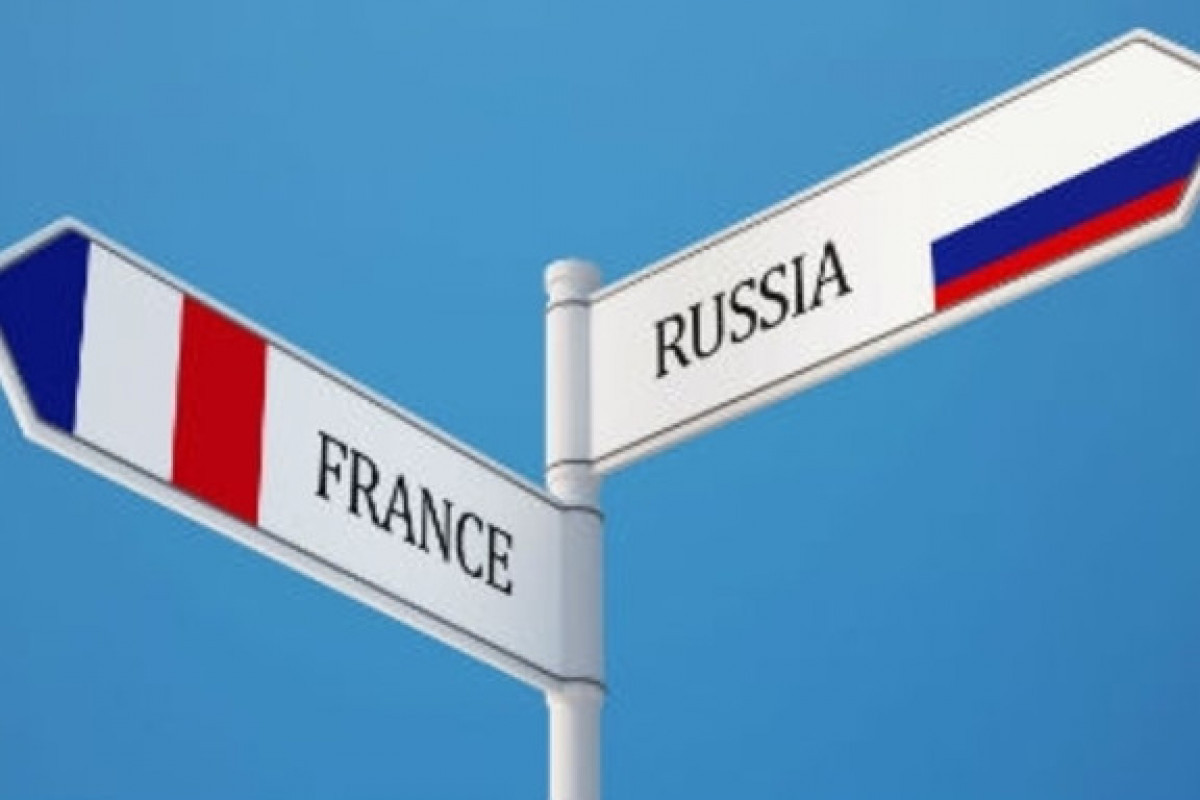The United States's officially exit from the Treaty on the Elimination of Intermediate-Range and Shorter-Range Missiles on August 2 caused thoughts that it will create major complications for world affairs. Of course, as expected immediately after the US decision, the parties - the US and Russia - began to accuse each other of violating the treaty.
US State Secretary Mike Pompeo stated that Russia is the only responsible side in this deal fro not liquidating the missiles provisioned in the treaty. Secretary-General of NATO Jens Stoltenberg told in his speech that “Russia has placed new mobile missiles with nuclear capabilities, which are hard to reveal and these missiles can reach European cities in minutes” and blamed Russia in the suspension of the treaty.
Russia side didn’t delay their accusation as well. Russian President Vladimir Putin put the responsibility of suspension of the treaty on the US. Secretary of Russian Security Council Nikolay Patrushev stated that the US withdraws from the treaties for ensuring its superiority over the world.
US President Donald Trump has given 3 month period to Russia to ensure the fulfillment of terms of the treaty on October 2018, otherwise informed that he will begin 6-month preparation stage to withdraw the US from the treaty.
The main argument of the US side to suspend the treaty is the violation of principles of the treaty by the other side – Russia. In fact, it is not a new argument. Moreover, the US stated in March of 2014 that Russia violated its commitment in the treaty by placement and testing of “Iskander 9M729” missiles.
Russian side by speaking with the similar accusations stated that the US not following the terms of the treaty and use intermediate ballistic missiles for testing their air-defense system. Furthermore, they also stated that some technical parameters of long-range drones used by the United States are contrary to the terms of the treaty.
APA News Agency asked the opinion of William Courtney, an expert at the RAND Strategic Studies Center, former US ambassador to Georgia and Kazakhstan, former US President Bill Clinton's adviser on Russia, Ukraine, and Eurasia.
The international expert said that: "On 2 August the US from the INF Treaty, ending a landmark pact that has banned U.S. and Russia ground-based missiles with a range of 500 to 5,500 kilometers. Secretary of State Michael Pompeo said Russia "is solely responsible" because it failed to destroy deployed missiles that violated the Treaty. NATO Secretary-General Jens Stoltenberg said, "Russians over the years have deployed new missiles which can reach European cities within minutes, are hard to detect, are mobile, and are nuclear-capable.” The end of the INF Treaty is unlikely to fuel an "arms race" involving nuclear-armed missiles of INF range, but deployments of nonnuclear-armed missiles are expanding. Russia and China have already deployed large numbers of such missiles. The US Army has shown interest in deploying nonnuclear-armed missiles of INF range, primarily against China, but not nuclear-armed versions. Low-flying cruise missiles are more penetrative against most targets because they can fly at low altitudes and thus are difficult to detect by air defenses. They are less expensive than deploying combat aircraft to launch weapons of comparable effect. These factors help explain Russia decided to violate the Treaty by deploying INF-range missiles against fixed, soft targets in Europe, such as air defense radars and airfields."
He also noted that If the US had remained in the INF Treaty despite persistent Russian violation, the US Senate would have likely refused to consent to any new arms control treaty with Russia.




 ANALYSIS'>
ANALYSIS'>


